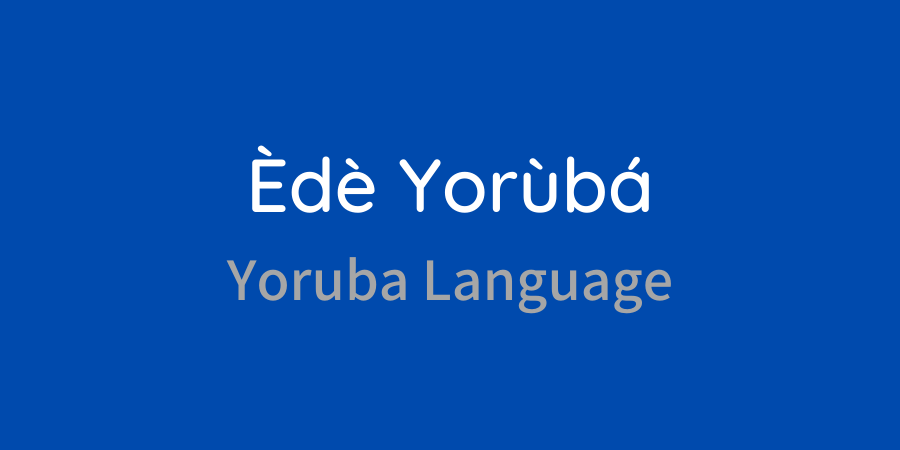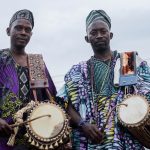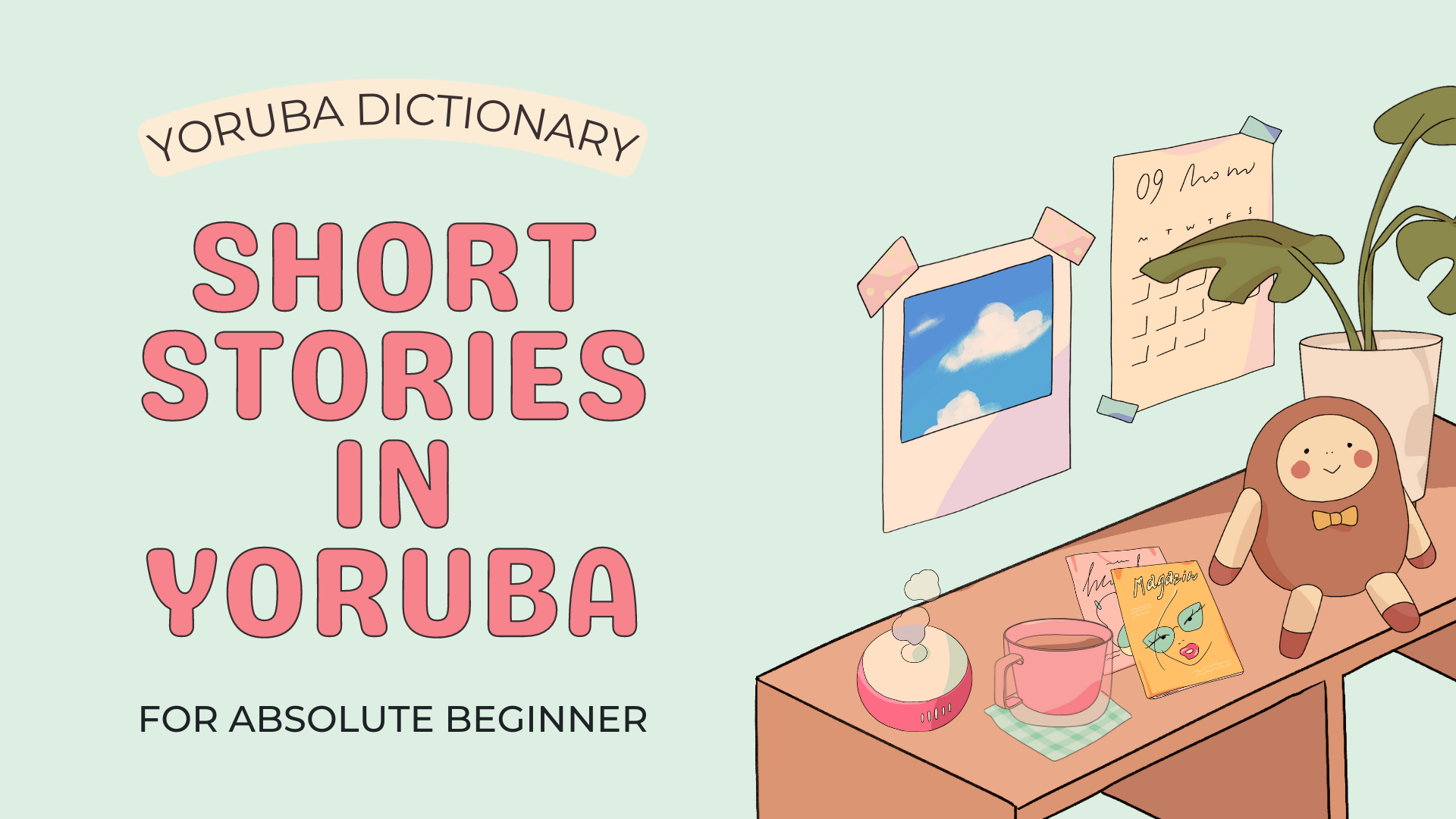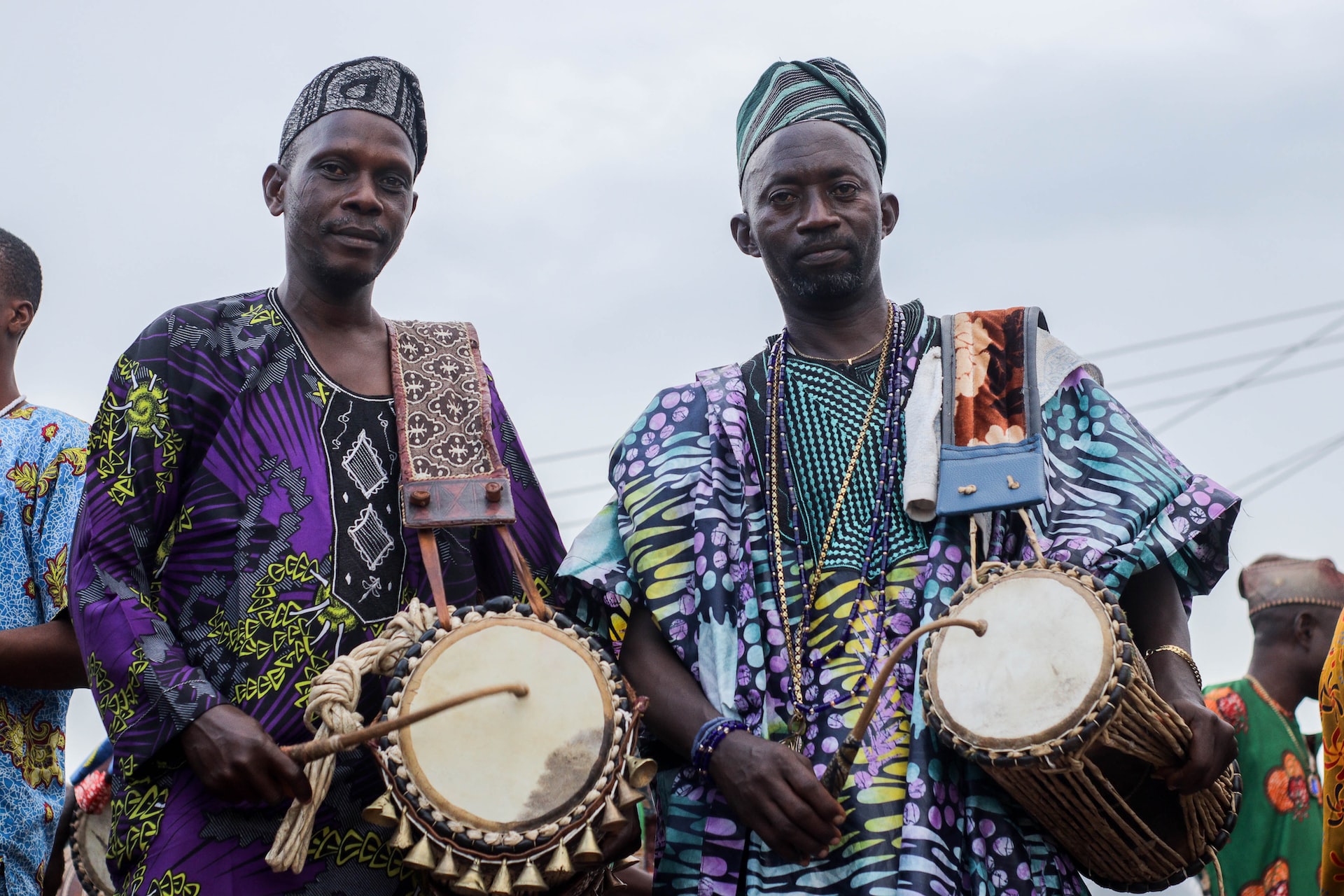
Exploring Yoruba Greetings: A Beginner’s Guide
Introduction
Welcome to our journey into the rich and vibrant world of Yoruba greetings! In Yoruba culture, greetings are not just simple pleasantries; they are deeply rooted in tradition, respect, and social etiquette. Whether you’re planning a trip to Nigeria, interested in the Yoruba language and culture, or simply looking to expand your linguistic horizons, mastering Yoruba greetings is a great place to start. So, let’s dive in!
Understanding the Importance of Greetings in Yoruba Culture: In Yoruba culture, greetings serve as more than just a way to acknowledge someone’s presence; they reflect values such as respect, humility, and community. From the moment you meet someone in Yoruba land, exchanging greetings is expected and appreciated. It’s a way to show respect for elders, acknowledge peers, and foster a sense of unity within the community.
Basic Yoruba Greetings
- “Bawo ni?” – This is the most common way to say “How are you?” in Yoruba. It’s used to greet someone casually and inquire about their well-being. The appropriate response to this greeting is “Mo dada” meaning “I’m fine.”
- “Eku abo” – This is used to say “Good morning” in Yoruba. It’s a polite and respectful way to greet someone early in the day.
- “Ek’asan” – This is the Yoruba equivalent of “Good afternoon.” It’s used to greet someone during the middle of the day.
- “Ek’ale” – This means “Good evening” and is used to greet someone in the evening or at night.
- “Od’abo” – This is used to bid farewell to someone. It’s a way to say “Goodbye” respectfully.
Etiquette Tips for Yoruba Greetings
- Use the appropriate greeting based on the time of day.
- Always greet elders first as a sign of respect.
- Use proper body language, such as bowing slightly, when greeting elders.
- Maintain eye contact and a friendly demeanor when greeting others.
- Be sincere in your greetings and inquire about the well-being of others genuinely.
Instructions
Fill in the blanks with the appropriate Yoruba greeting for each situation.
- __________ ni? (How are you?)
- _________ abo. (Good morning.)
- _________ (Good afternoon.)
- _________ (Good evening.)
- Mo dada, _________ (I’m fine, thank you.)
- _________ (Goodbye.)
- _________ ni gbogbo ẹ? (How is everyone?)
- _________ (Welcome.)
- _________ n bẹ̀rẹ̀ sí ilẹ̀ wá? (Did you arrive home early?)
- Báwo lélẹ́? Mo dada, __________ (How was your night? I’m fine, thank you.)
Answers
- Bawo ni?
- Eku abo.
- Ek’asan.
- Ek’ale.
- Mo dada, e seun.
- Od’abo.
- Bawo ni gbogbo ẹ?
- Eku ojo ibi.
- Se o n bẹ̀rẹ̀ sí ilẹ̀ wá?
- Báwo lélẹ́? Mo dada, e seun.
Vocabulary
| English | Yoruba |
|---|---|
| How are you? | Bawo ni? |
| Good morning | Eku abo |
| Good afternoon | Ek’asan |
| Good evening | Ek’ale |
| I’m fine, thank you | Mo dada, e seun |
| Goodbye | Od’abo |
| How is everyone? | Bawo ni gbogbo ẹ? |
| Welcome | Eku ojo ibi |
| Did you arrive home early? | Se o n bẹ̀rẹ̀ sí ilẹ̀ wá? |
| How was your night? I’m fine, thank you. | Báwo lélẹ́? Mo dada, e seun. |







